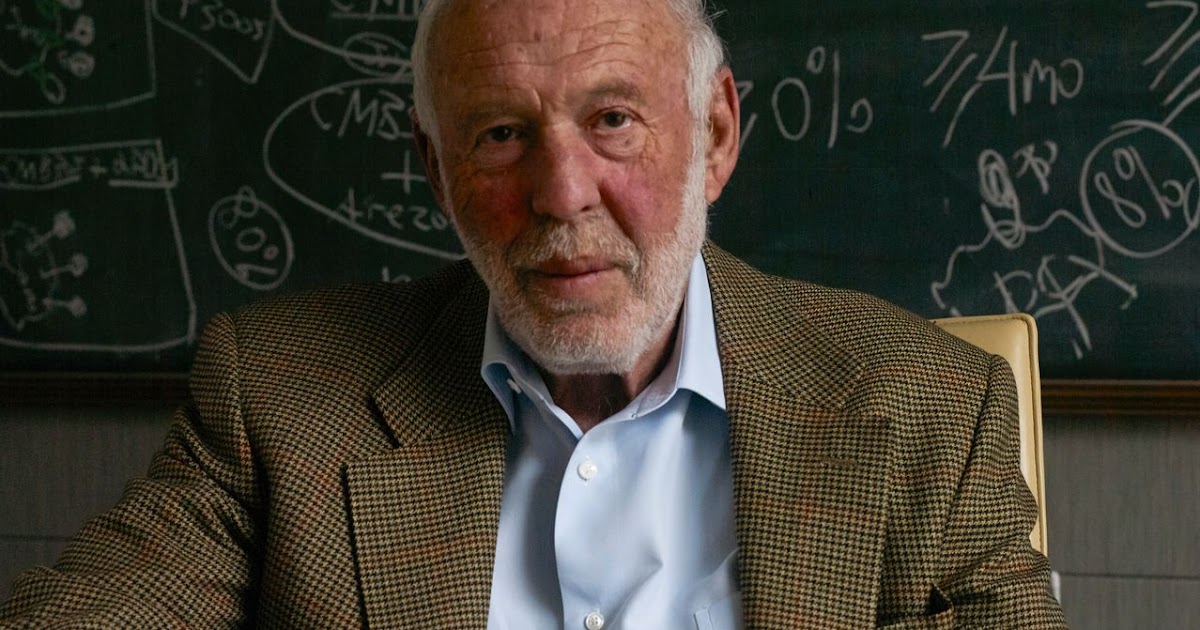Jim Simons passed away Friday at the age of 86. In short he was a math professor who quit to use math to make money before it was fashionable and used part of his immense wealth to start the Simons Foundation to advance research in mathematics and the basic sciences.
While his academic research focused on manifolds, Simons and his foundation had theoretical computer science as one of its priorities and helped fund and promote our field on several fronts.
Foremost of course is the Simons Institute, a center for collaborative research in theoretical computer science. Announced as a competition in 2010 (I was on team Chicago) with the foundation eventually landing on UC Berkeley’s campus. At the time, I wrote “this will be a game changer for CS theory” if anything proven to be an understatement over the last dozen years.
Beyond the institute, the Simons Foundation has funded a number of theorists through their investigator and other programs.
Let’s not forget Quanta Magazine, an online science publication funded by the foundation without subscriptions or paywalls while science journalism has been seeing cuts elsewhere. Quanta has been particularly friendly to the computational complexity community such as this recent article on Russell and his worlds.
The Simons Foundation will continue strong even without its founder. But as we see challenges in government funding, how much can or should we count on wealthy patrons to support our field?
Read more on Jim Simons from Scott, Dick, the foundation and the institute.

